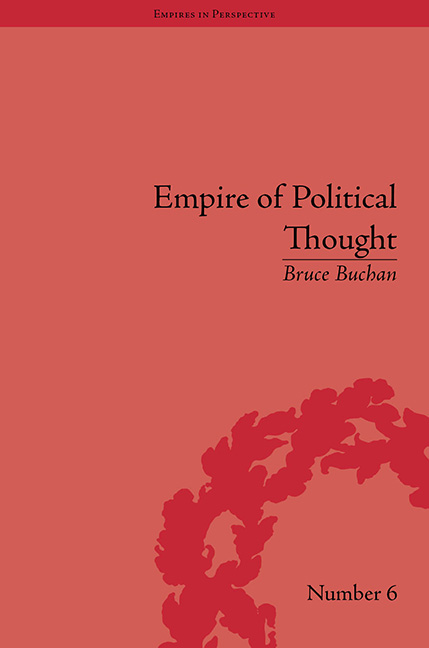Book contents
- Frontmatter
- CONTENTS
- Acknowledgements
- List of Illustrations
- Introduction
- 1 Savagery, Civilization and Political Thought
- 2 ‘Trafficking’ for Empire: Commerce, Consent and Colonization
- 3 Difficult Subjects
- 4 The Subject of War
- 5 Fit for Society
- 6 Liberalism, Self-Government and the Ethnography of ‘Primitive Society’
- Conclusion: After the Tide of History, Reconciliation?
- Notes
- Works Cited
- Index
5 - Fit for Society
- Frontmatter
- CONTENTS
- Acknowledgements
- List of Illustrations
- Introduction
- 1 Savagery, Civilization and Political Thought
- 2 ‘Trafficking’ for Empire: Commerce, Consent and Colonization
- 3 Difficult Subjects
- 4 The Subject of War
- 5 Fit for Society
- 6 Liberalism, Self-Government and the Ethnography of ‘Primitive Society’
- Conclusion: After the Tide of History, Reconciliation?
- Notes
- Works Cited
- Index
Summary
The British government took the opportunity to present their case to the British public for establishing a penal colony in New South Wales by the publication in 1787 of an anonymous History of New Holland. Included in the publication was a discourse on the transportation of convicted felons written by Sir William Eden, an influential jurist, penal reformer, MP and member of the Committee for Trade and Plantations which oversaw the management of Britain's Empire. Transportation of convicted felons to the distant colony, he argued, could be justified as the means ‘to convert the Indians’, quite aside from its remedial effects on the felons themselves. Alexander Dalrymple had ridiculed this argument in his Serious Admonition of the previous year, arguing that convicts were the least likely candidates for effecting a conversion and were more likely to become a nuisance to British trade. Eden, however, persisted with the argument, noting that, while it seemed incongruous,
To carry amongst the rude inhabitants of New Wales [sic] a picture of society, which, though its features may be harsh to the ideas of an European, will appear even for the present a degree more perfect than any subsisting among them, would of itself be an act suitable to the beneficence of a civilized power; how much more will the conversion, if practicable, of the natives, still lost in pitiable ignorance, be an endeavour worthy of a polished age …
Two features of the phrasing of this argument are worthy of note, the first being the recognition that Eden saw transportation not only as a means of exporting felons for punishment, but of exporting society itself. The second feature is that while the society of felons may have been thought harsh by polished and refined standards among the educated elite who consumed the History of New Holland, it was nonetheless far superior to the rudeness and ignorance in which the ‘savages’ lived.
Here Eden combined what would become recurrent themes in the ideology of British imperial expansion in the nineteenth century, civilization and benevolence.
- Type
- Chapter
- Information
- Empire of Political ThoughtIndigenous Australians and the Language of Colonial Government, pp. 99 - 118Publisher: Pickering & ChattoFirst published in: 2014



